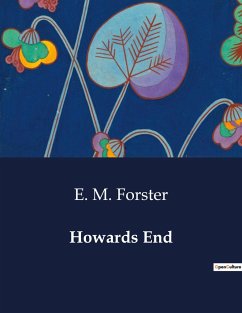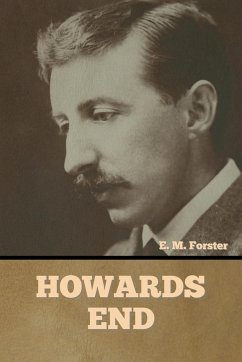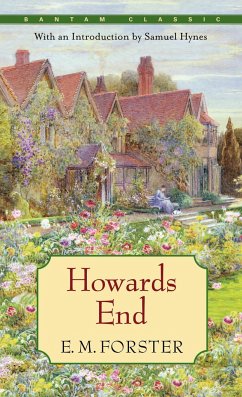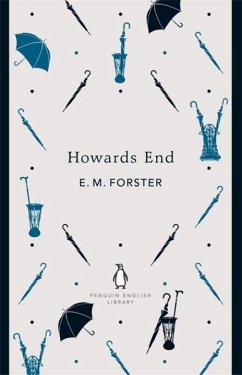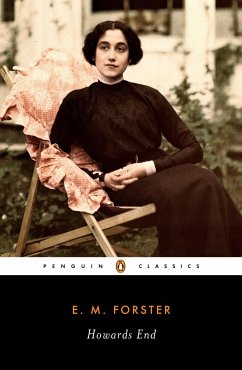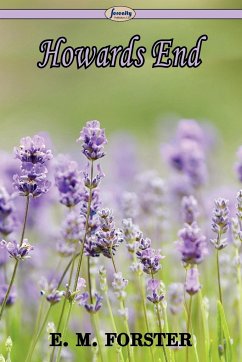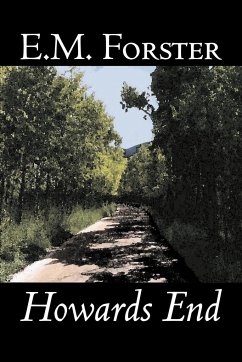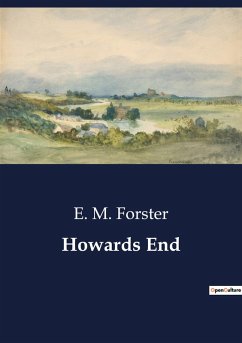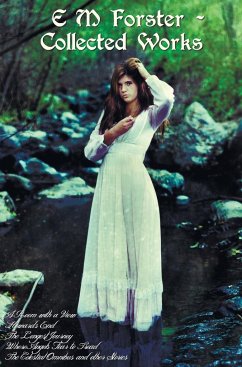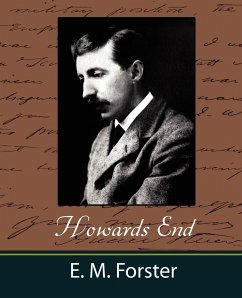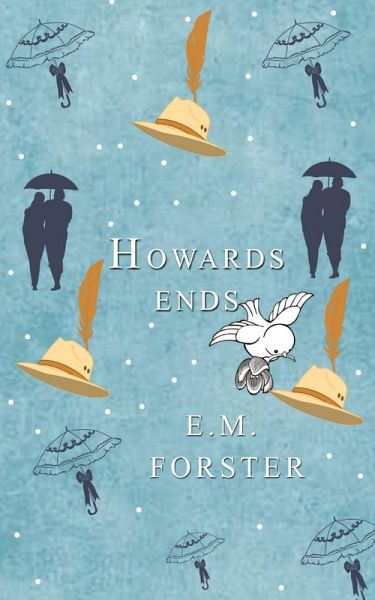
Howards End
Versandkostenfrei!
Versandfertig in 1-2 Wochen
21,99 €
inkl. MwSt.

PAYBACK Punkte
11 °P sammeln!
Howards End is about social conventions, codes of conduct and relationships in turn-of-the-century England. Howards End is considered by many to be Forster's masterpiece.The self-interested disregard of a dying woman's bequest, an impulsive girl's attempt to help an impoverished clerk, and the marriage between an idealist and a materialist - all intersect at a Hertfordshire estate called Howards End. Published in 1910, Howards End won intertiol acclaim for its insightful portrait of English life during the post-Victorian era.





